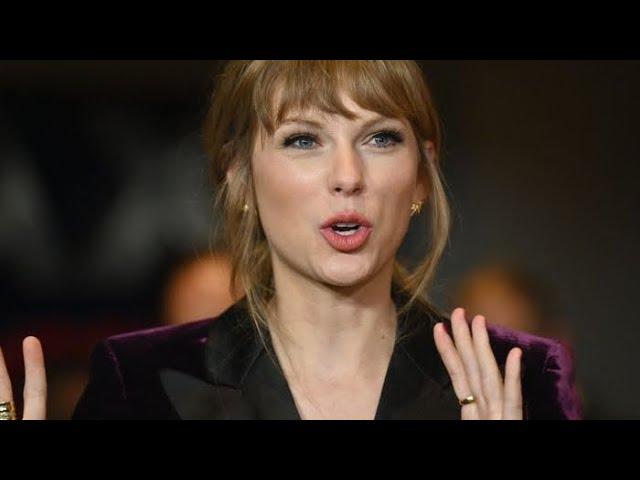
Why certain artists keep dodging interview questions
Why Certain Artists Keep Dodging Interview Questions
In a world saturated with soundbites and social media snippets, artists often find themselves navigating a labyrinth of expectations during interviews. While the spotlight may seem inviting, the questions posed can lead to uncomfortable territory, forcing many to master the art of evasion. But why do certain artists artfully sidestep direct inquiries? Is it a matter of personal boundaries, a desire to maintain mystique, or perhaps a strategic decision to protect their creative integrity? As we peel back the layers of this intriguing phenomenon, we’ll explore the motivations behind their evasive maneuvers and the impact on both their public personas and the stories they tell-or choose not to tell.
Q&A
Q&A: Why Certain Artists Keep Dodging Interview Questions
Q: What is the primary reason some artists avoid answering specific interview questions?
A: Many artists choose to sidestep certain questions to maintain a sense of mystery and control over their narrative. By avoiding direct answers, they can craft a persona that aligns with their artistic vision, leaving room for interpretation.
Q: Do you think this behavior is intentional or a natural reaction to media scrutiny?
A: It can be both. For some, dodging questions is a strategic choice aimed at keeping their personal life private. For others, it might be an instinctual reaction to the pressure and scrutiny that comes with fame, prompting them to deflect in order to protect their mental well-being.
Q: How does this affect their relationship with fans and the media?
A: While some fans appreciate the air of enigma, others may feel frustrated by the lack of transparency. This can lead to mixed reactions in the media, where journalists might interpret their evasiveness as arrogance or shyness, depending on context.
Q: Are there particular topics that are more likely to be dodged?
A: Yes, topics like personal relationships, mental health struggles, or political views often provoke discomfort. Artists may feel that these matters are too personal or complex to discuss in a public forum, leading them to steer the conversation elsewhere.
Q: How do artists balance their image with the expectations of interviews?
A: Many artists prepare for interviews by formulating key messages they want to convey. They aim to project a curated image while navigating the sometimes chaotic nature of media interactions. This balance often results in strategic deflections, allowing them to maintain authenticity without compromising their public persona.
Q: Is there a line between artistic integrity and the need for publicity?
A: Absolutely. Artists often wrestle with the tension between wanting to express themselves freely and needing to promote their work. The art they create is deeply personal, and when interviews delve into areas they prefer to keep private, it can feel like an invasion.
Q: How do audiences typically respond to evasive interview strategies?
A: Audience responses are diverse. Some may admire the artist’s ability to be enigmatic, seeing it as part of their charm. Others might interpret the evasiveness as a lack of sincerity, potentially leading to disengagement or criticism.
Meet N1X Da Queen Of A-Pop
N1X Da Queen Of A-Pop Sign up And Enter Her World Streaming Exclusive Music From N1X And Da Super Group Da Queens
Only On N1XMusic.com
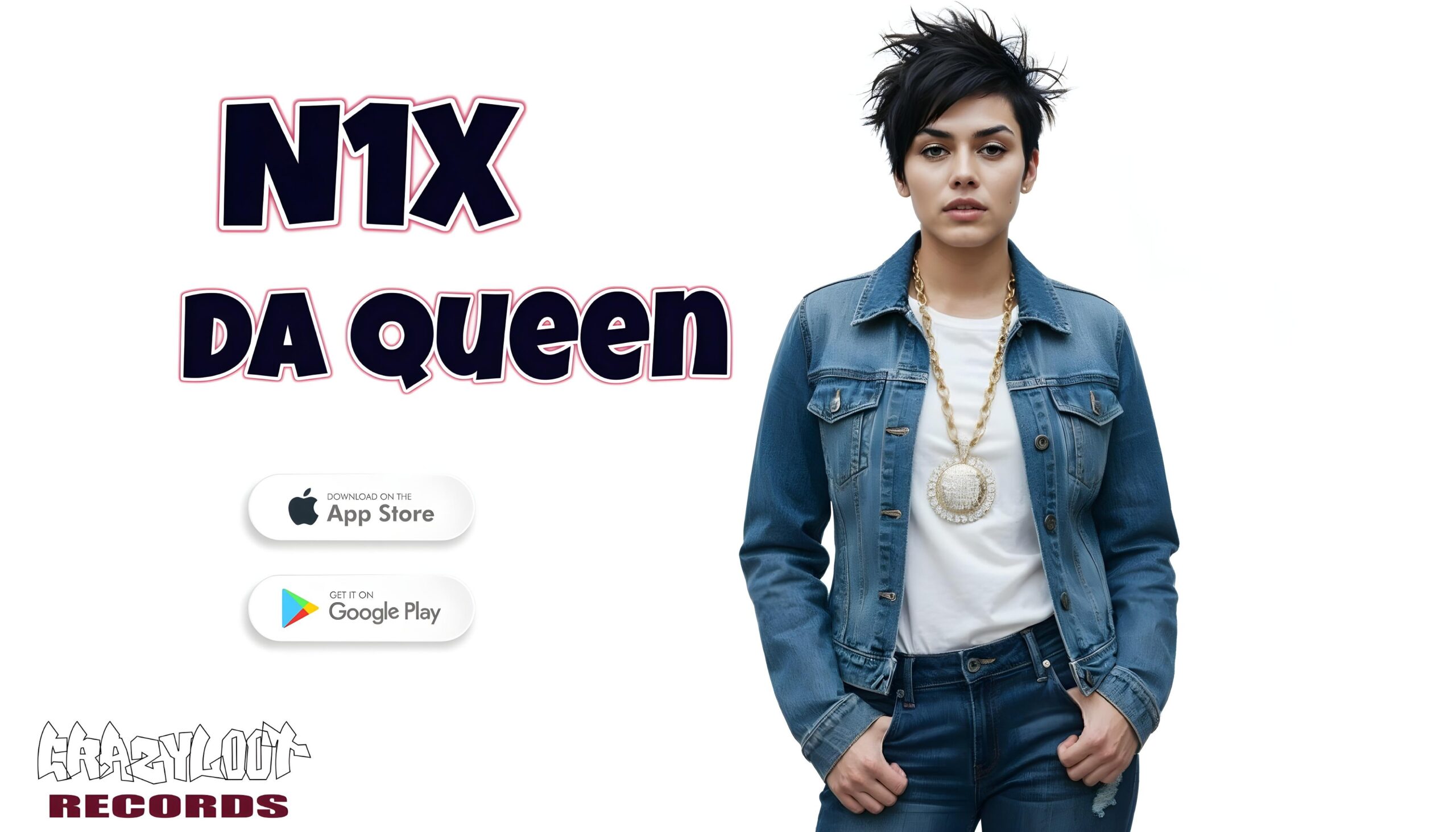
Q: Are there artists known for being particularly forthright in interviews?
A: Yes, there are artists who embrace candidness and transparency, viewing interviews as an opportunity to share their stories authentically. These individuals often resonate strongly with audiences who value honesty and openness over mystery.
Q: What does this phenomenon say about the relationship between artists and the media?
A: This dynamic highlights a complex interplay of trust and boundaries. While the media seeks compelling stories, artists often navigate the space carefully, seeking to protect themselves while still wanting to connect with audiences. As such, the dance of dodging questions can become a form of self-preservation within the often intrusive world of fame.
Q: What might change this trend in the future?
A: As societal views on mental health, personal boundaries, and celebrity culture evolve, artists might feel empowered to express themselves more freely. Additionally, changes in how interviews are conducted-such as an increased focus on authentic dialogue rather than sensationalism-could encourage more open exchanges.
This Q&A explores the nuanced interactions between artists and interviews, shedding light on the reasons behind evasive communication and its implications.
Final Thoughts
In the intricate dance between artists and their audiences, the art of dodging interview questions often reveals more than it conceals. As we explored, evasiveness can stem from a desire for privacy, the protection of creative integrity, or simply the complexities of human emotion. Ultimately, these artists remind us that the creative process is deeply personal, oftentimes shrouded in layers of meaning that words alone cannot convey.
As we continue to admire their work, perhaps it’s time to appreciate the silence just as much as we do the sound. After all, in the world of art, not every question has a straightforward answer, and sometimes the most profound insights lie beneath the surface of an unanswered inquiry. So, the next time an artist sidesteps a question, consider that what may seem like avoidance could in fact be a subtle invitation to engage with the art on a deeper level. In this complex exchange of ideas, it’s the silence that often speaks volumes.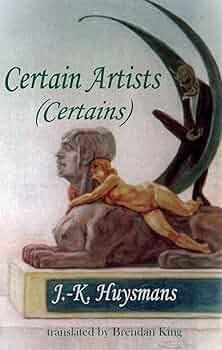
Are you a content creator or someone with a big social media following?
Want to earn real cash promoting The Queen of A-POP?
Join the N1X Music Promoter Program — it’s as easy as:
1️⃣ Sign Up
2️⃣ Promote
3️⃣ Get Paid


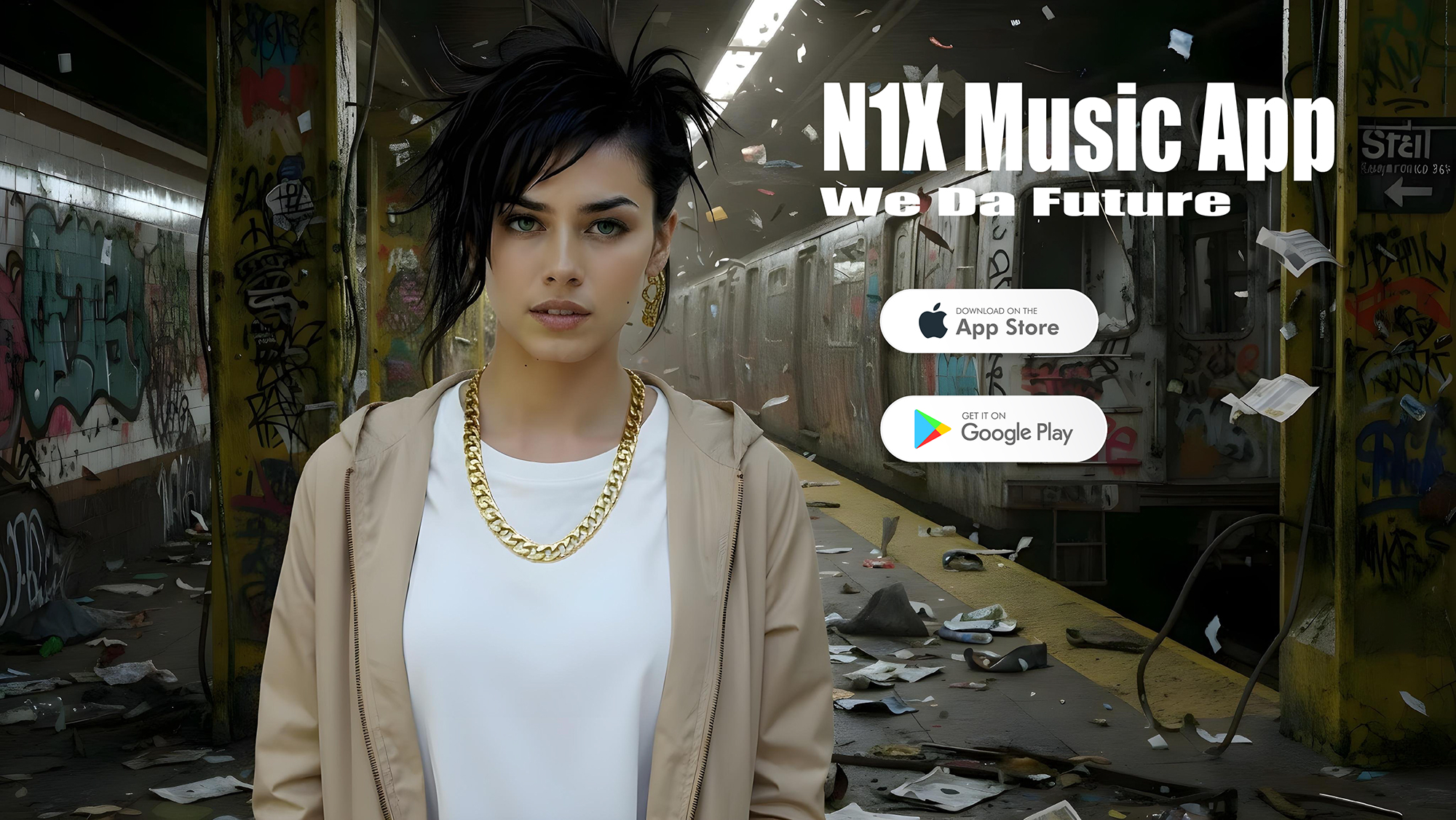
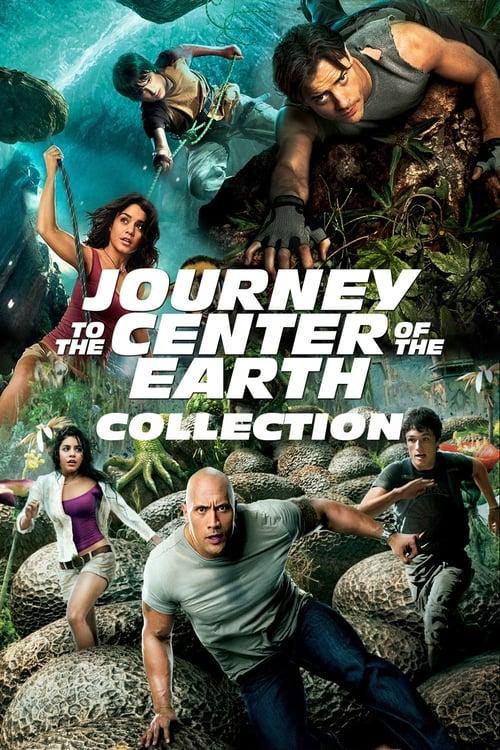
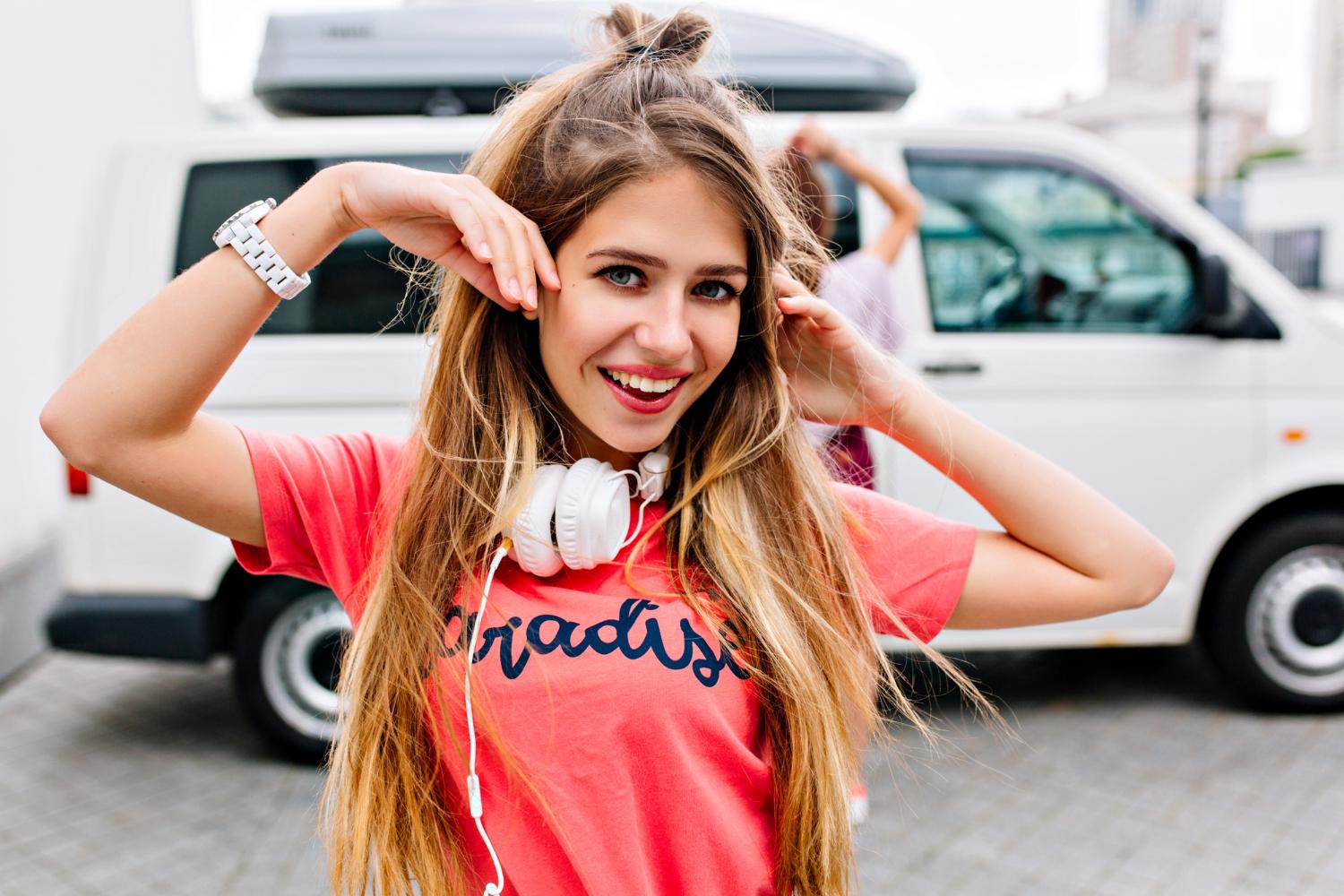

No Comments